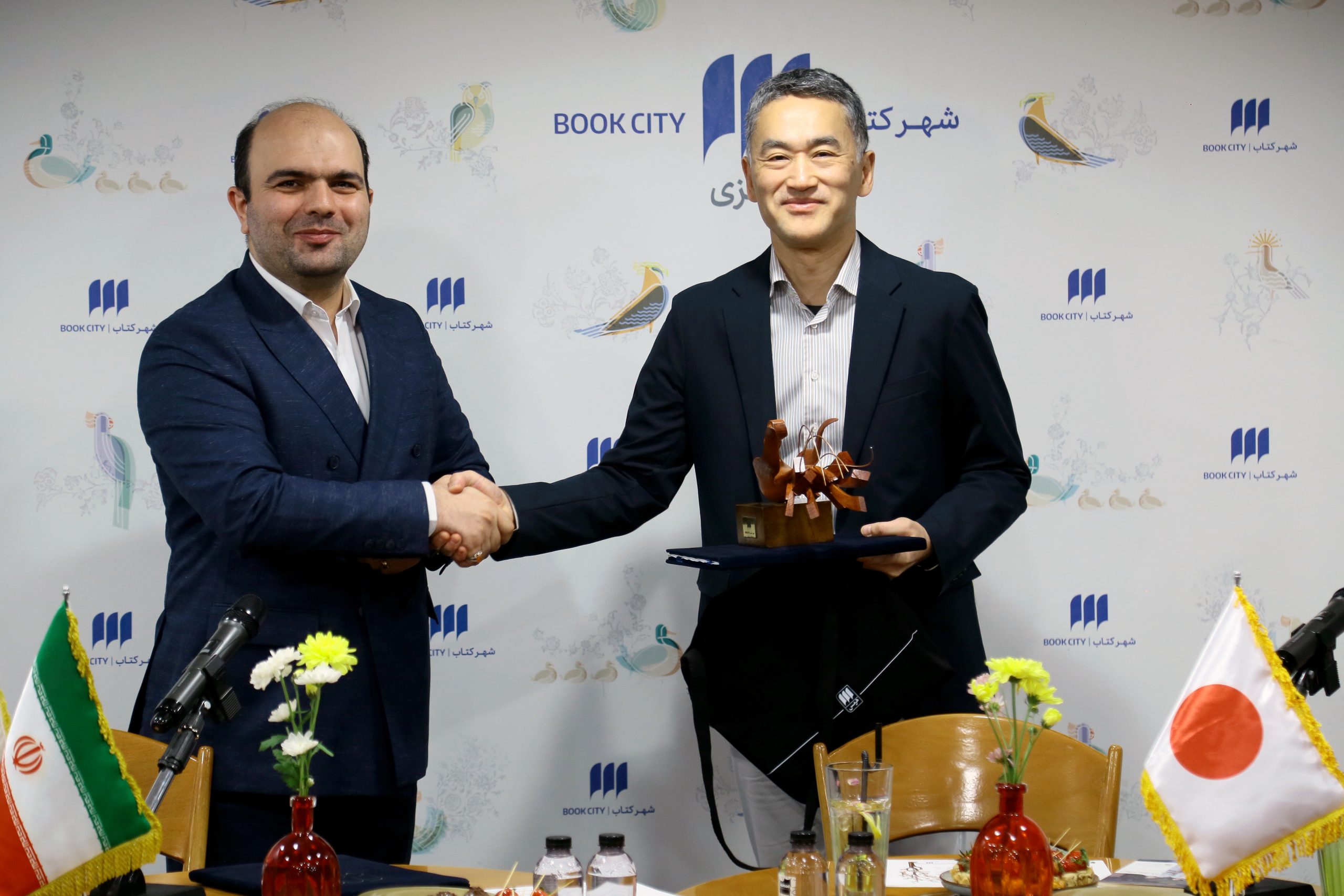
When books act as bridges:
Monday, August 11, 2025 — BookCity Central hosted Tamaki Tsukada, Ambassador of Japan to Iran. His half-hour tour of the bookstore’s various sections was accompanied by warm and friendly conversations about books and the future of cultural cooperation between Iran and Japan.
The Ambassador began his program with a tour of BookCity Central. Accompanied by Pedram Alvandi, Deputy for Co-Creation at BookCity Institute and Director of BookCity Central, he explored books and cultural products. This visit provided an opportunity for the Ambassador to learn about BookCity’s history and its place in Iran’s cultural landscape, as well as to witness firsthand the Iranian audience’s interest in Japanese literature and culture.
The program then continued with an official session in BookCity Central’s conference hall. Ali Jafarabadi, CEO of BookCity Institute, welcomed the guest and introduced BookCity as the most important non-governmental cultural organization in the country. He referred to BookCity’s cultural holding structure—including Hermes Publishing, a trading company, and its bookstores—and described the institute’s thirty-year history as a sign of its stability and influence.
Morteza Karder, Director of Hermes Publishing, presented a report on the publisher’s work in the field of Japanese culture and literature. He spoke of the many translations of Japanese authors into Persian and stressed the importance of such collaborations in fostering mutual understanding between the two nations.
Ali-Asghar Mohammadkhani, BookCity’s Deputy for Cultural Affairs, expressed hope for expanding joint initiatives. He highlighted BookCity’s twenty years of cultural activity and a decade of successful international experience, noting that despite the spread of communication tools, genuine understanding between nations still requires dialogue and direct interaction. Mohammadkhani reported that BookCity has built literary bridges with forty countries, considering reciprocal translation, the introduction of Persian literature, and joint seminars as the three pillars of these exchanges.
Stating that Iranians are well acquainted with Japanese literature, he added: “In the past ten years, around 3,500 Japanese works have been translated into Persian, but unfortunately, very few translations have been made from Persian into Japanese.” He concluded with proposals such as establishing an Iran-Japan Literary Bridge, selecting a Japanese work for translation, and holding a conference on women writers.
Farah Nazari, Director of BookCity Trading Company, reviewed three decades of activity in importing children’s, young adult, and general books on diverse subjects as well as cultural products. She highlighted cooperation with nearly 400 publishers and international companies, and supporting the legal purchase of book copyrights as one of the company’s achievements. She expressed hope for similar collaborations with Japan.
Ambassador Tamaki Tsukada, in his remarks, referred to his 35-year diplomatic career and his personal passion for visiting bookstores in every country of his service, regarding them as reflections of a nation’s lifestyle, culture, and history. He expressed delight that Iranians are familiar with the works of Kan Kikuchi, the Japanese playwright whose book was published by Hermes, and said the proposals raised in the session were worth pursuing.
Emphasizing the importance of copyright in publishing, he stated: “In the past, because some Japanese works were translated without permission, it was not possible to support related events,” expressing hope that BookCity would set a successful example in this regard.
In summing up the event, CEO Ali Jafarabadi recalled the longstanding cultural and artistic ties between Iran and Japan, describing books as the most enduring bridge between nations. He pointed to the companionship of Iranian Sufism and Japanese Zen, the tea ceremony, music, and the arts as examples of the interaction of the two cultures’ spirit and thought, adding: “This bond is not only a heritage of the past but is alive today in libraries, cinema, and contemporary works.” He emphasized that BookCity sees itself as a “cultural caravanserai of the contemporary era,” determined to expand dialogue and cooperation between the two countries.
The program concluded with the presentation of the BookCity Simorgh Statue to the Japanese Ambassador and his signing of the guestbook. In his note, Tsukada wrote that he was impressed by BookCity’s pioneering activities and strong motivation, adding: “We will continue this collaboration and friendship.”
\
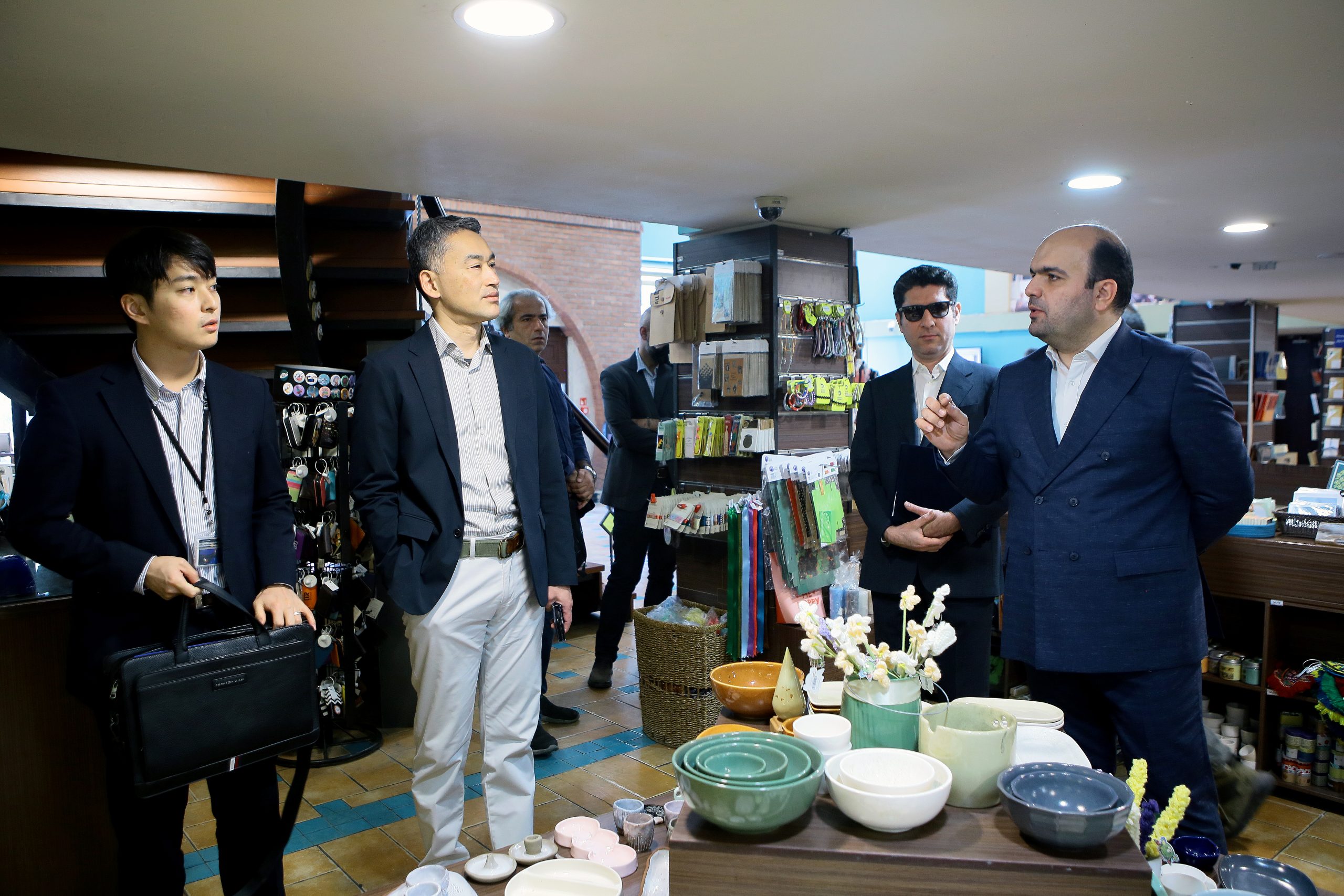
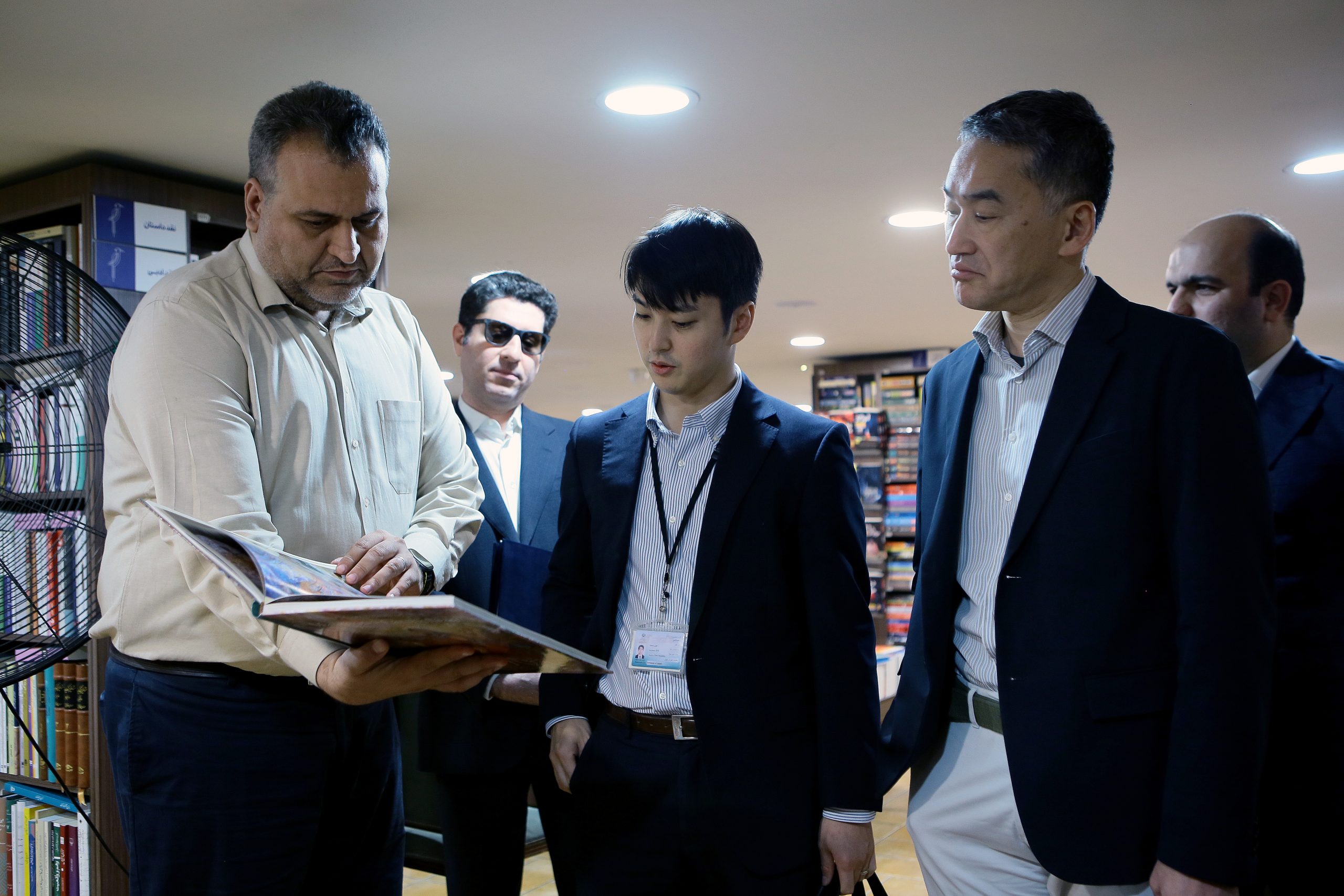
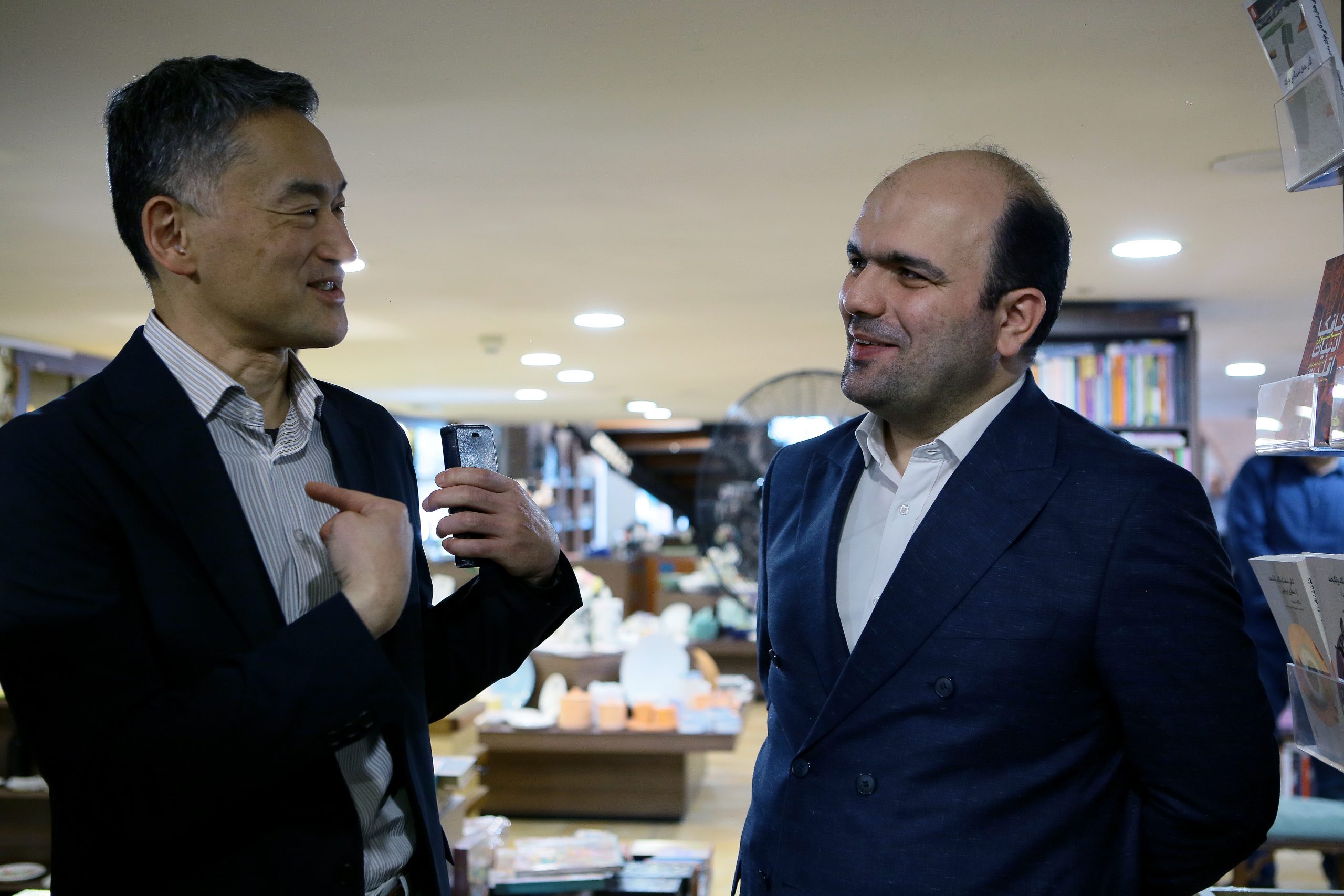
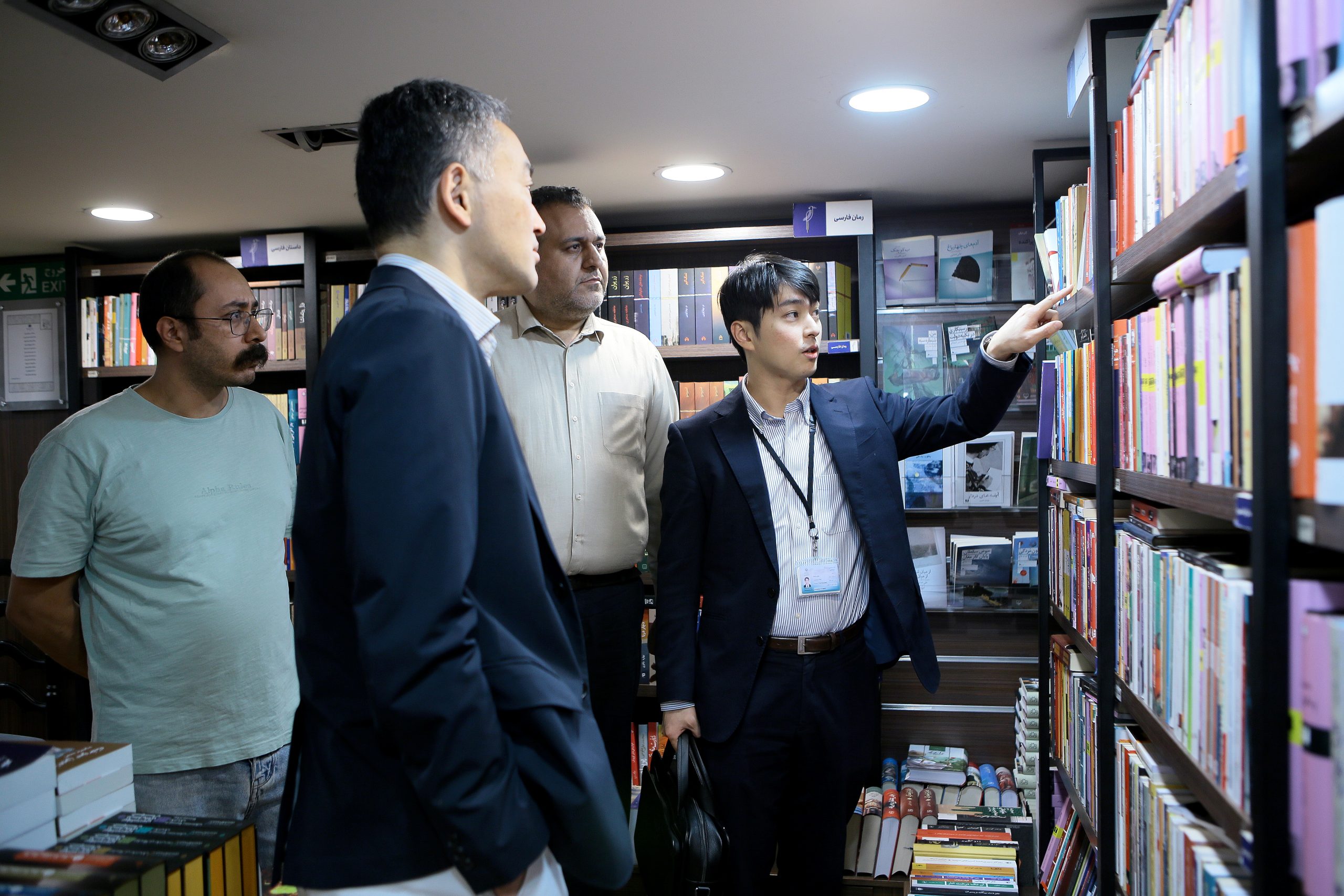
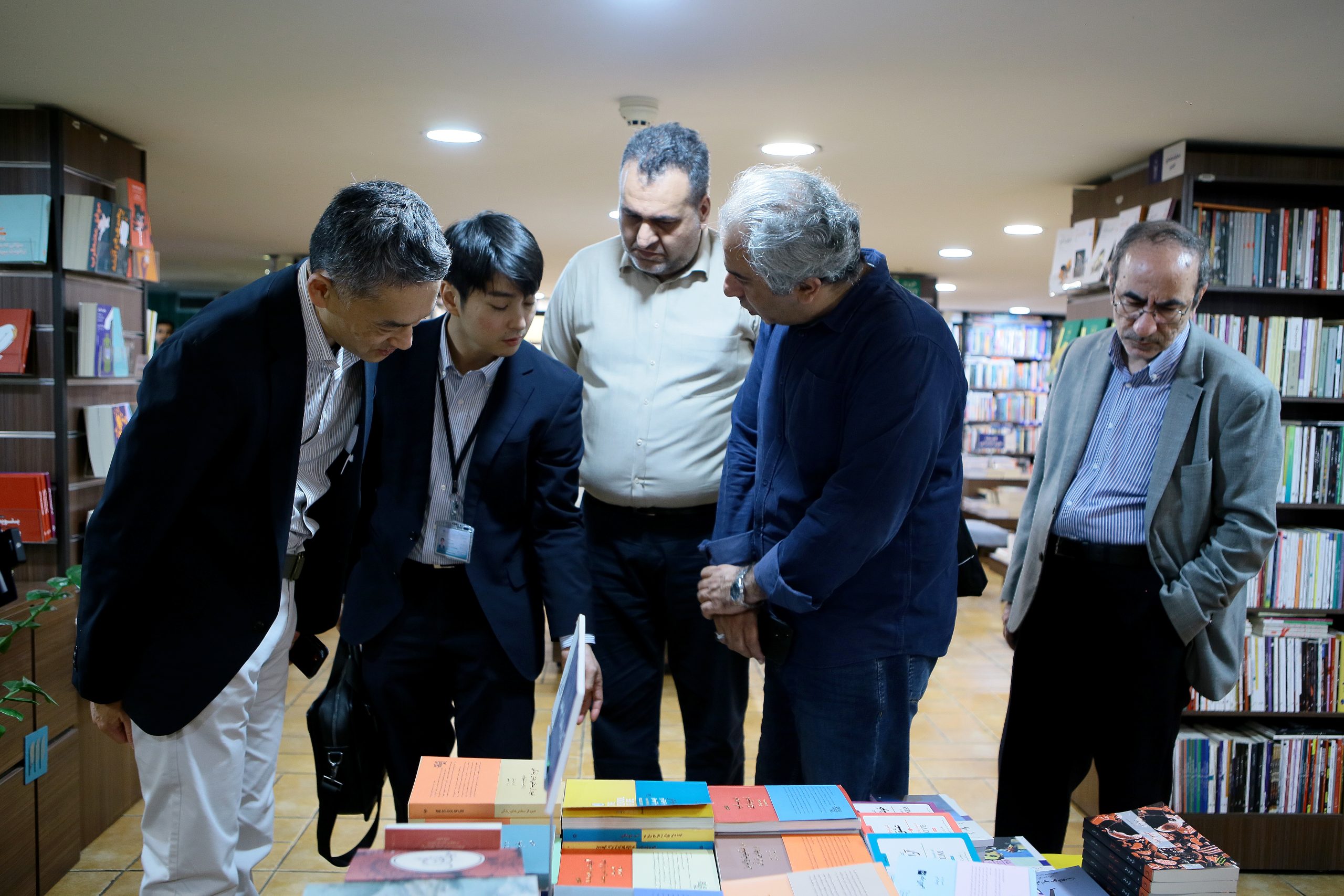
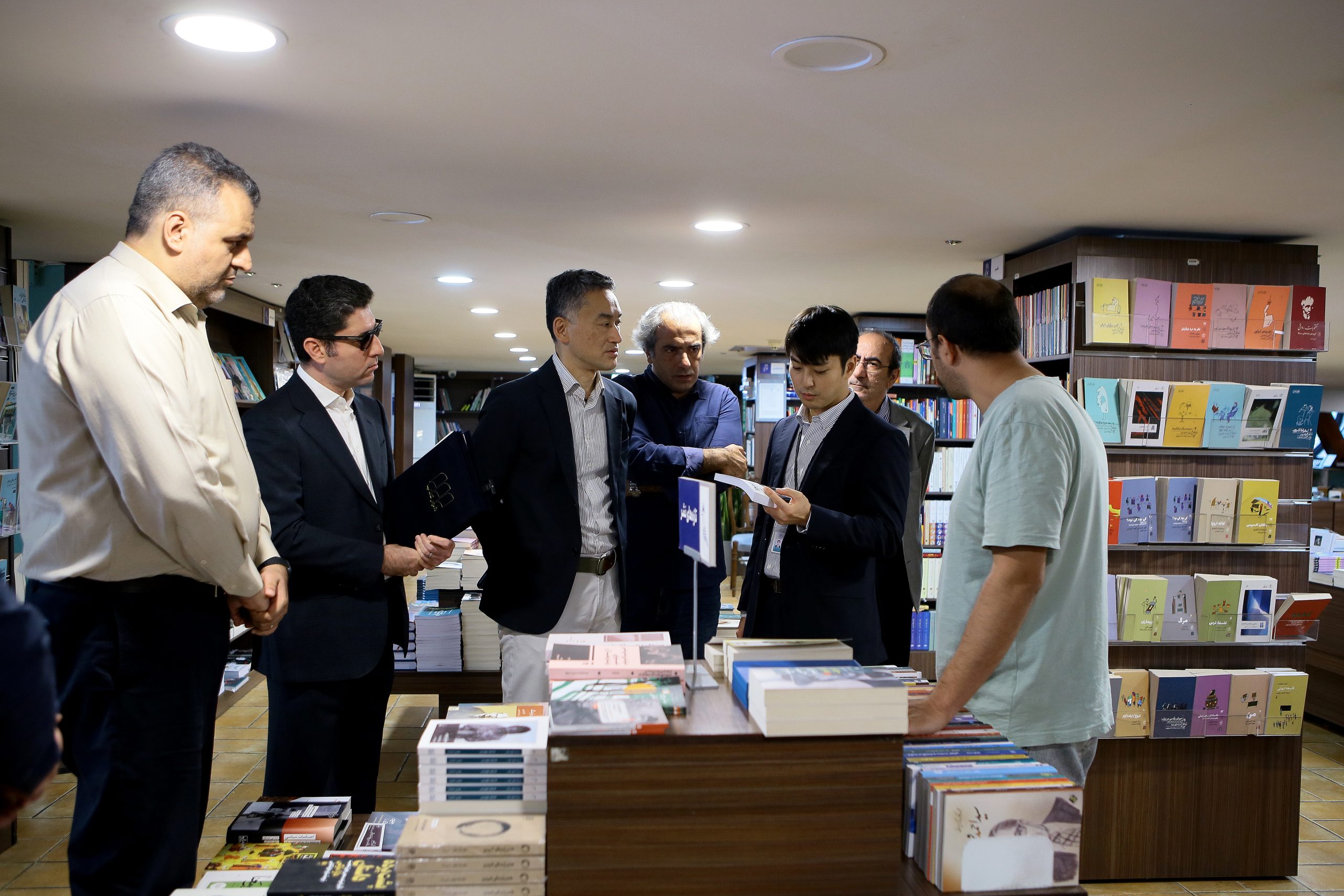
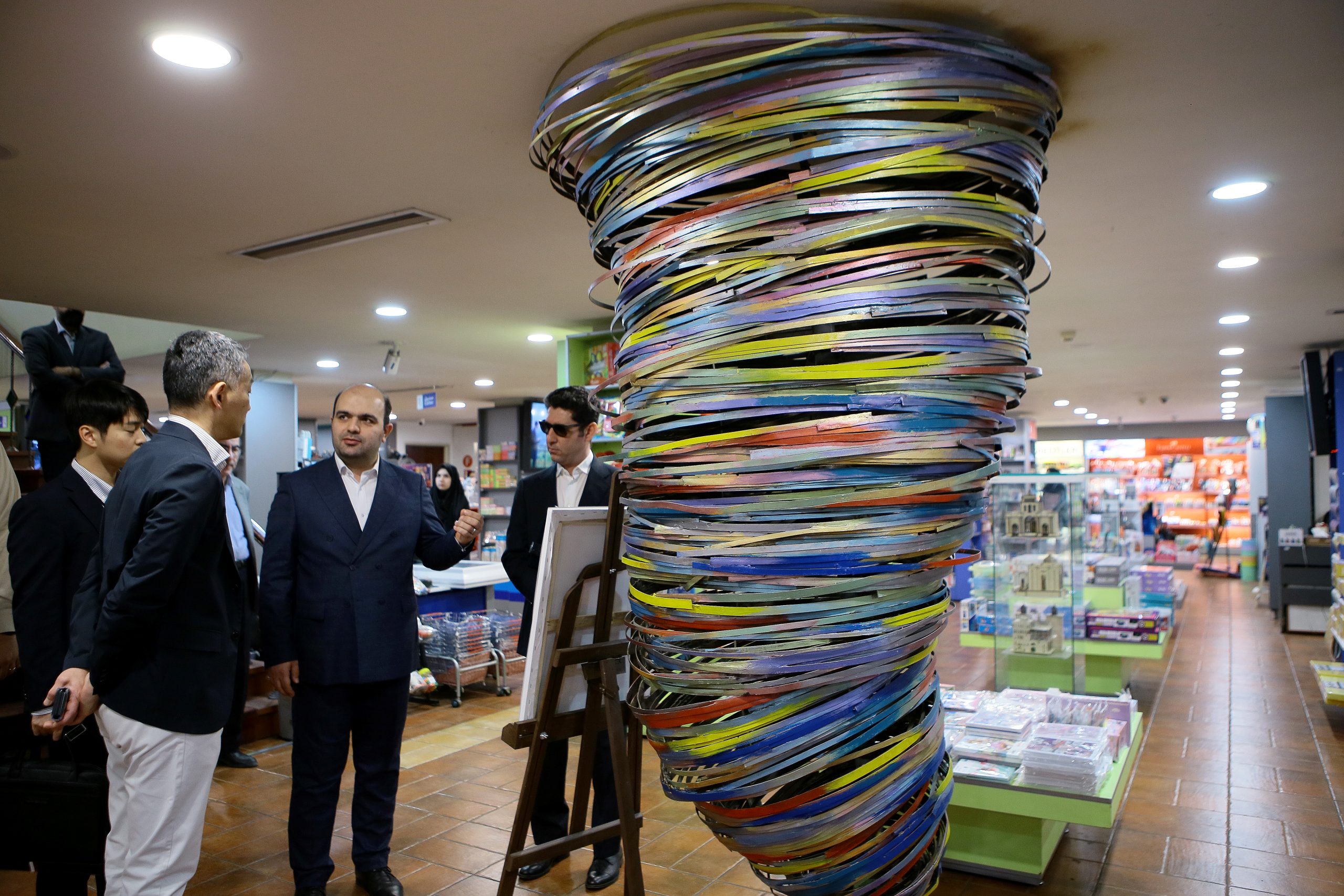
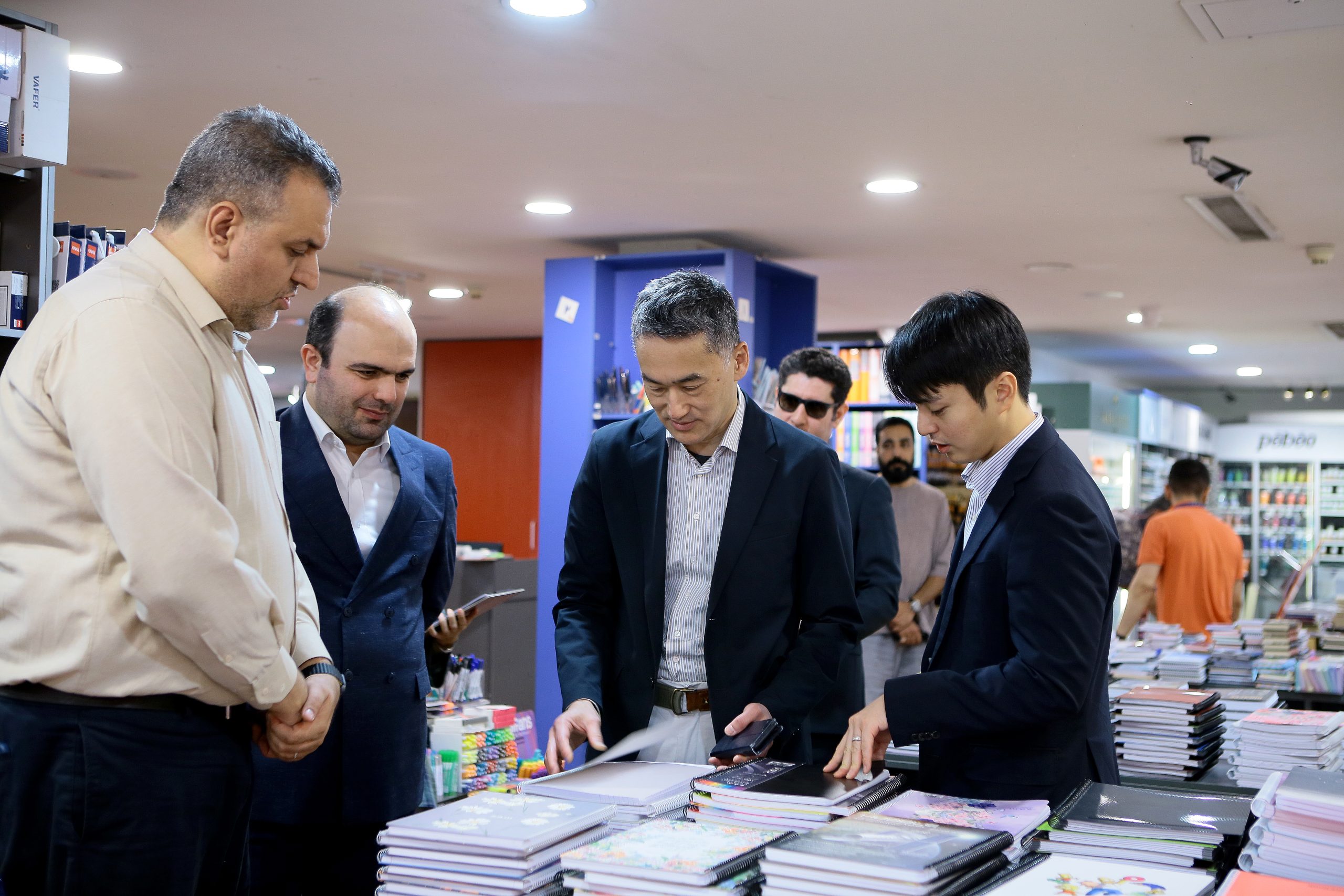
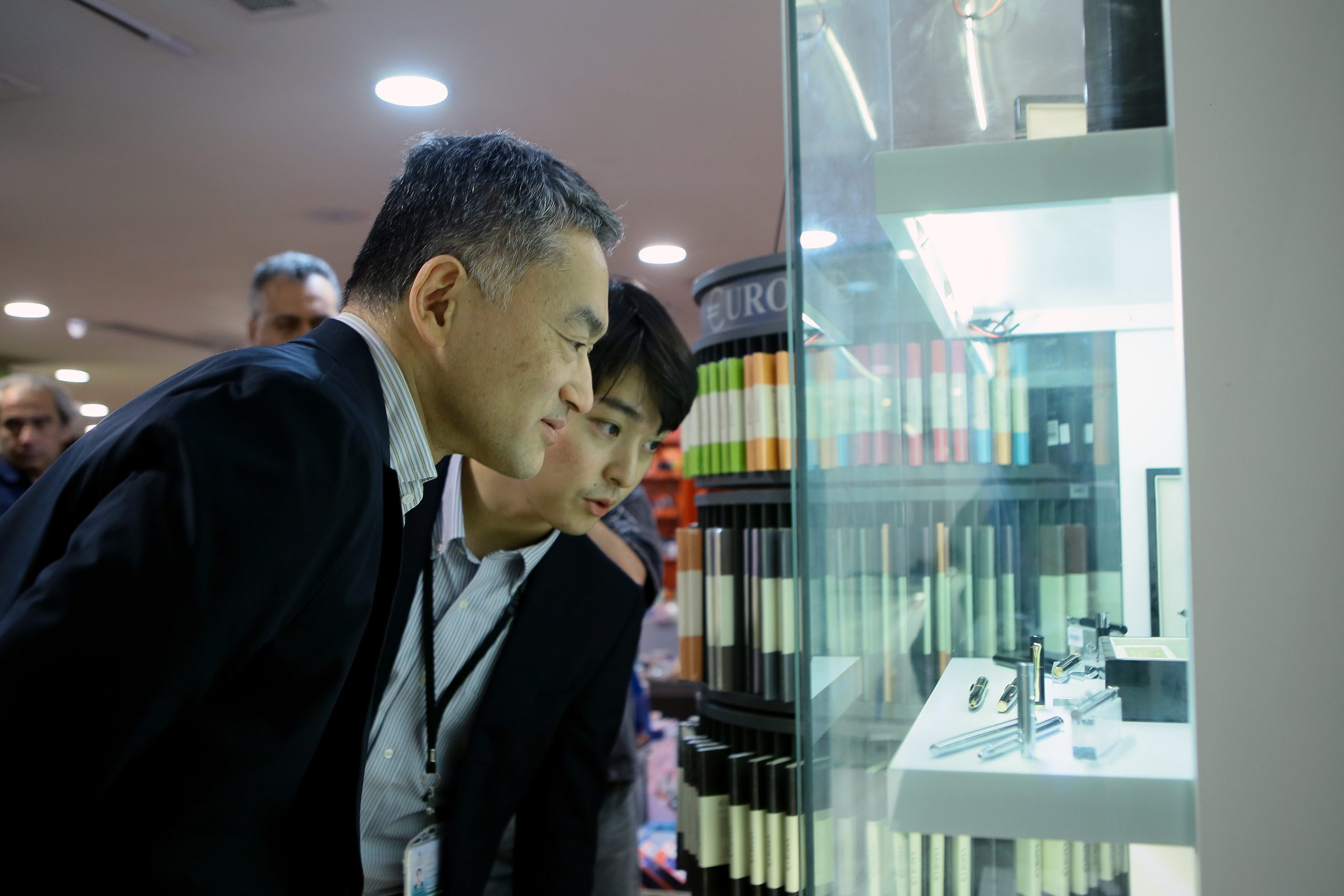
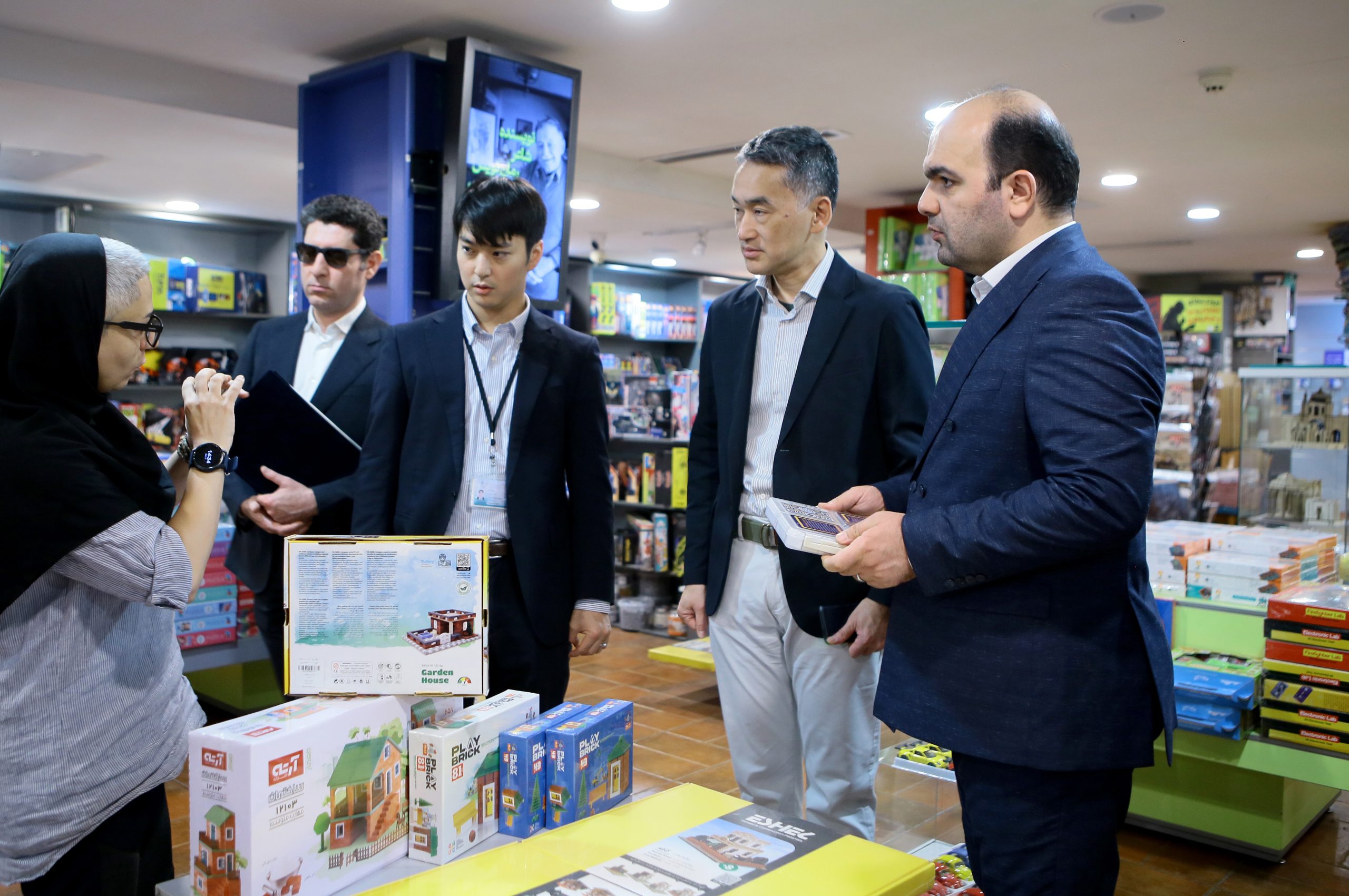
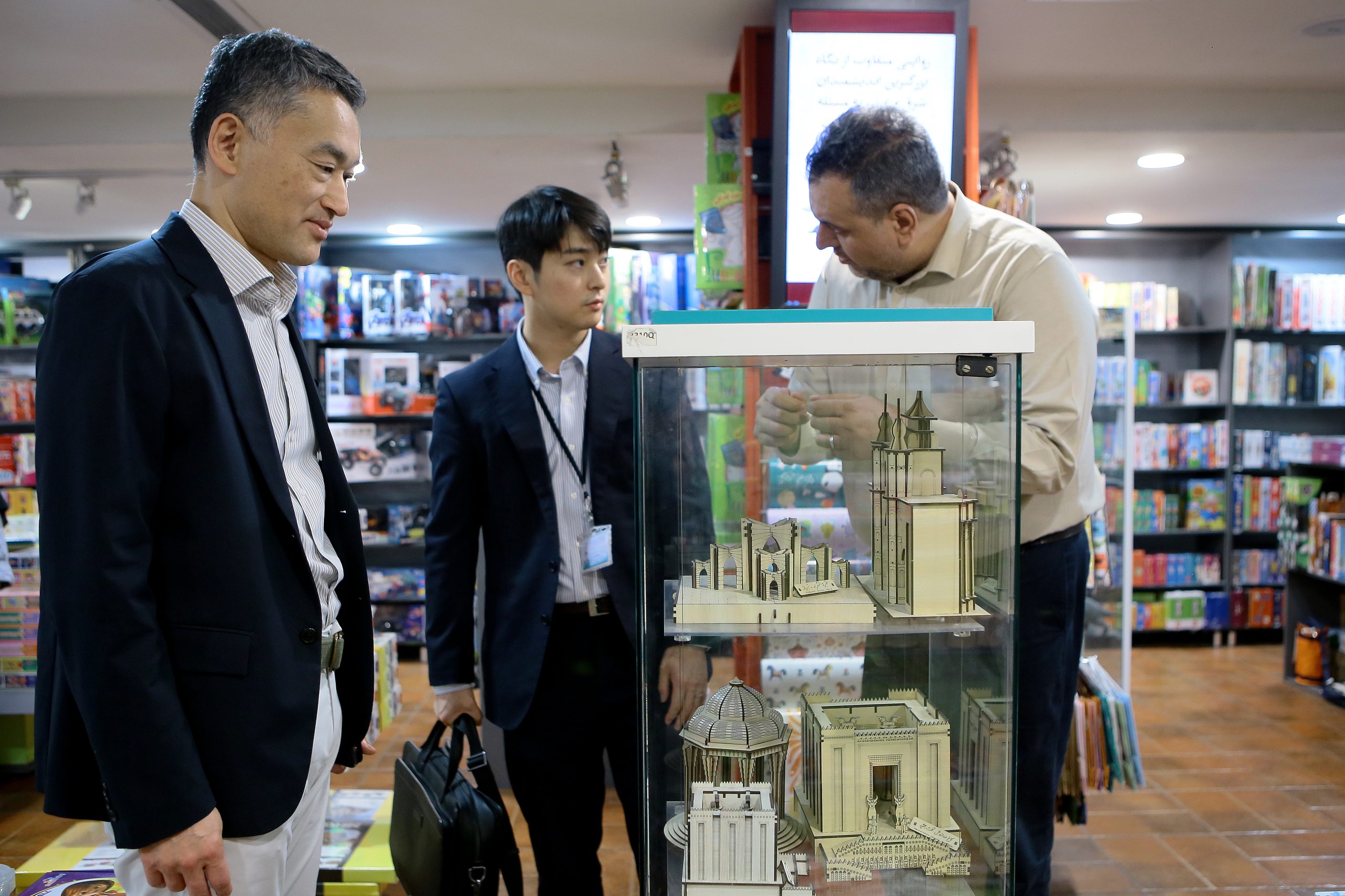
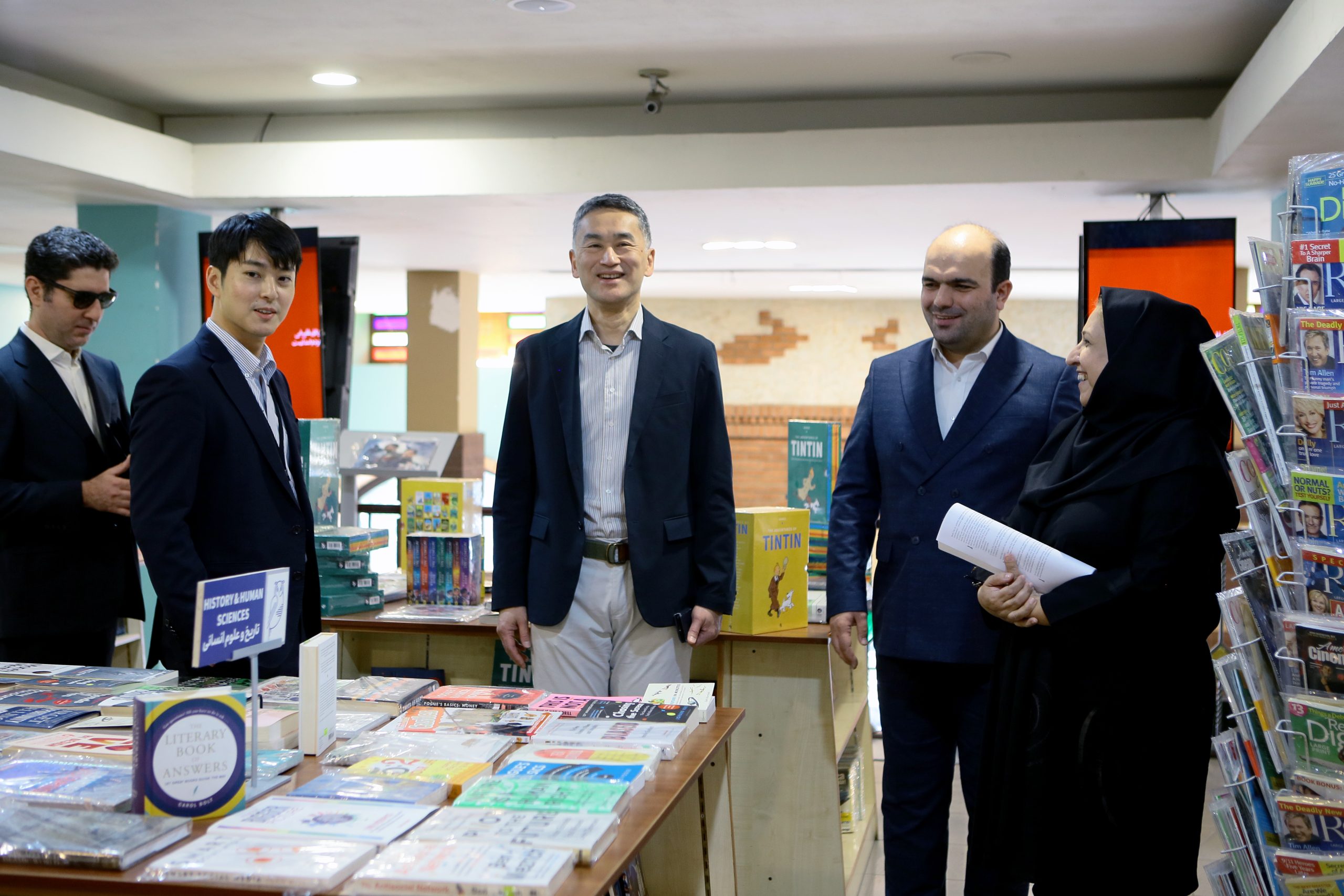
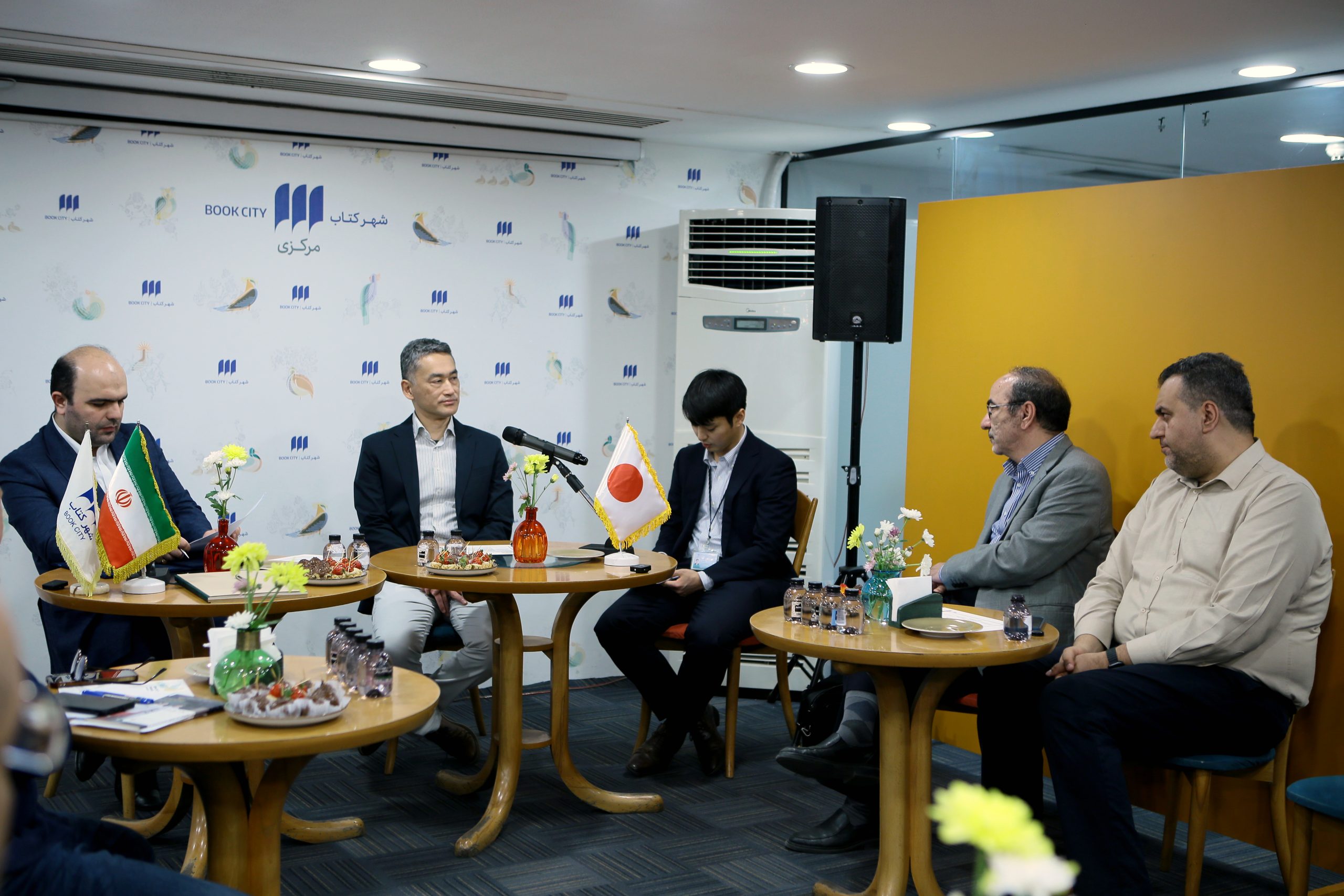
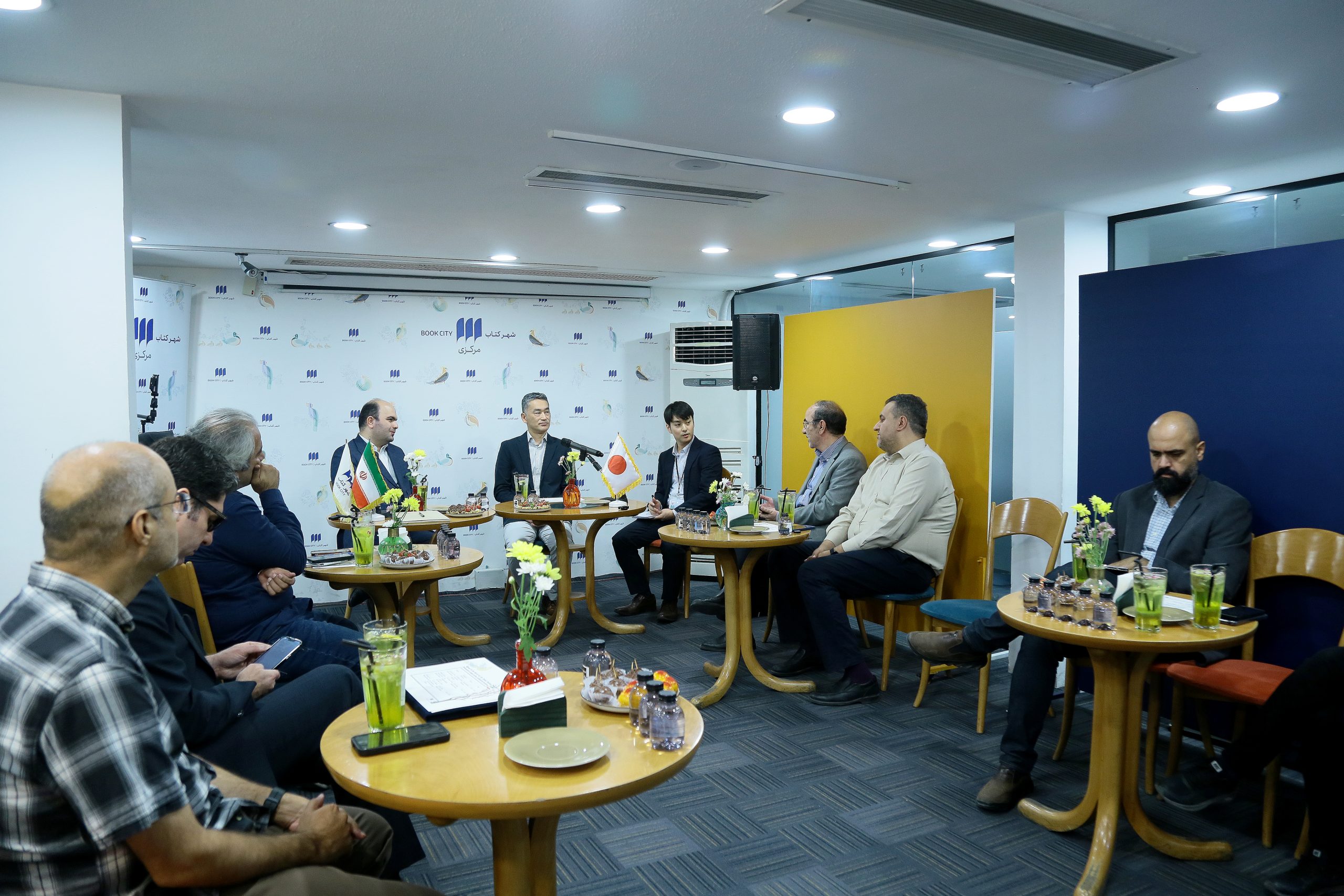
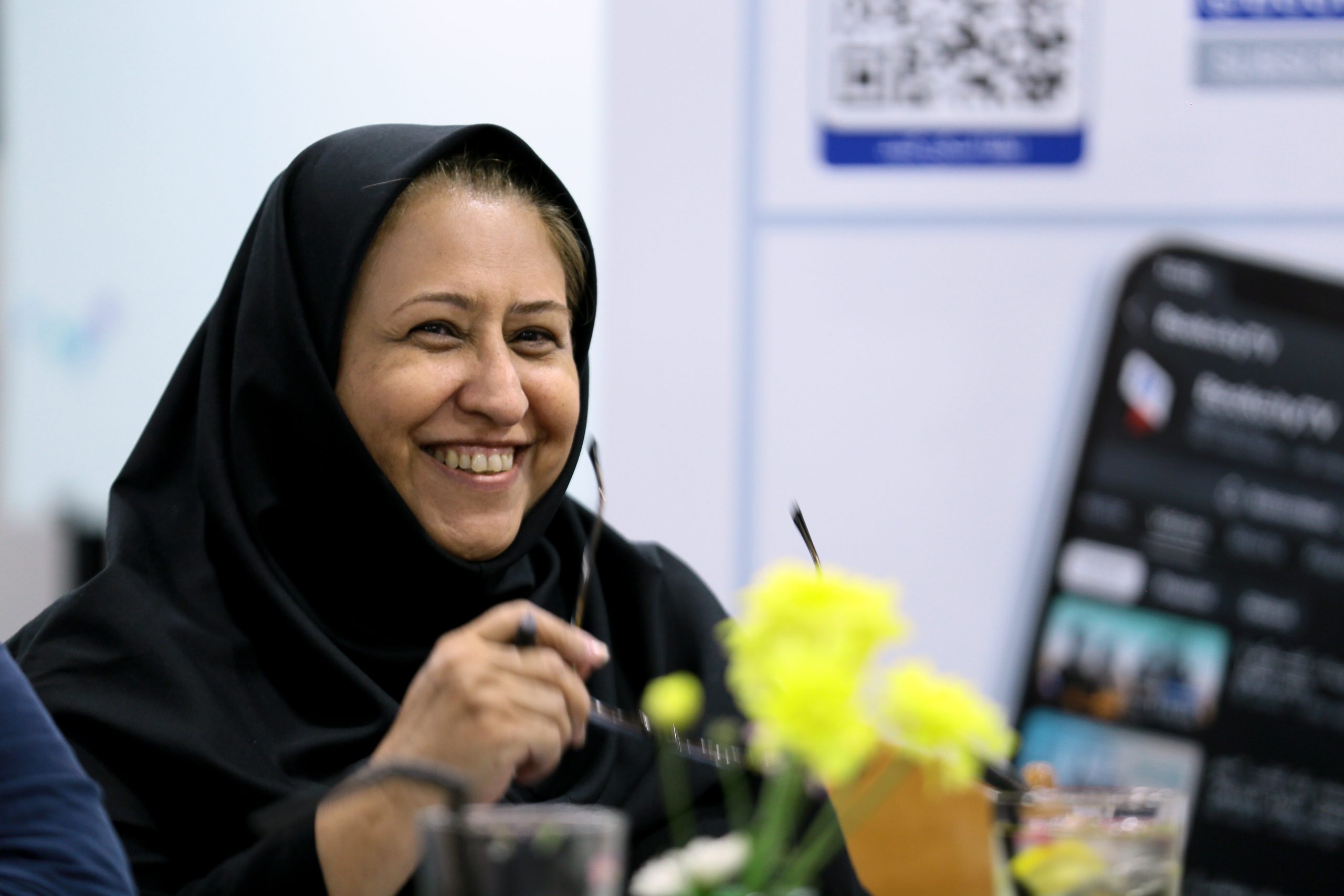
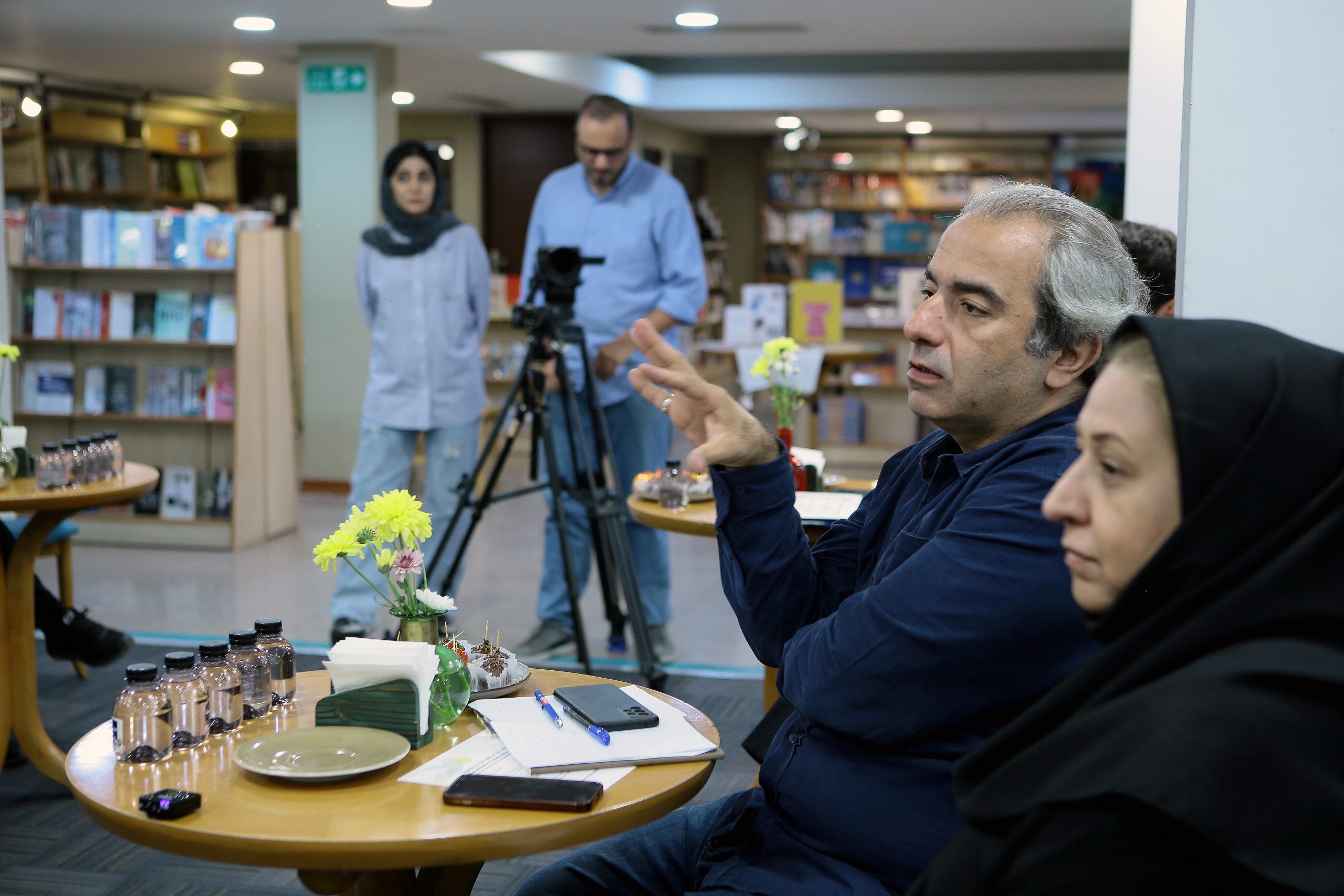
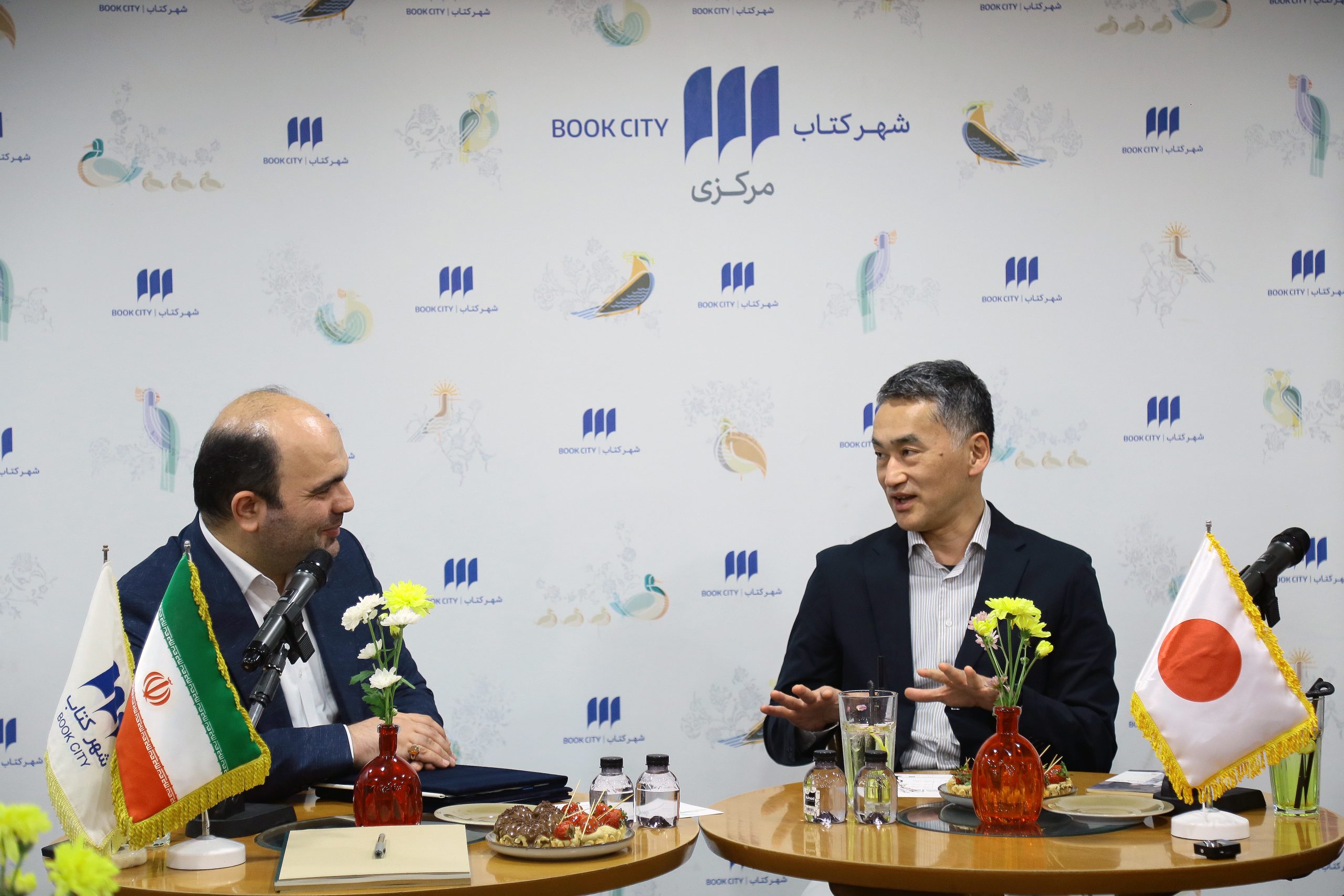
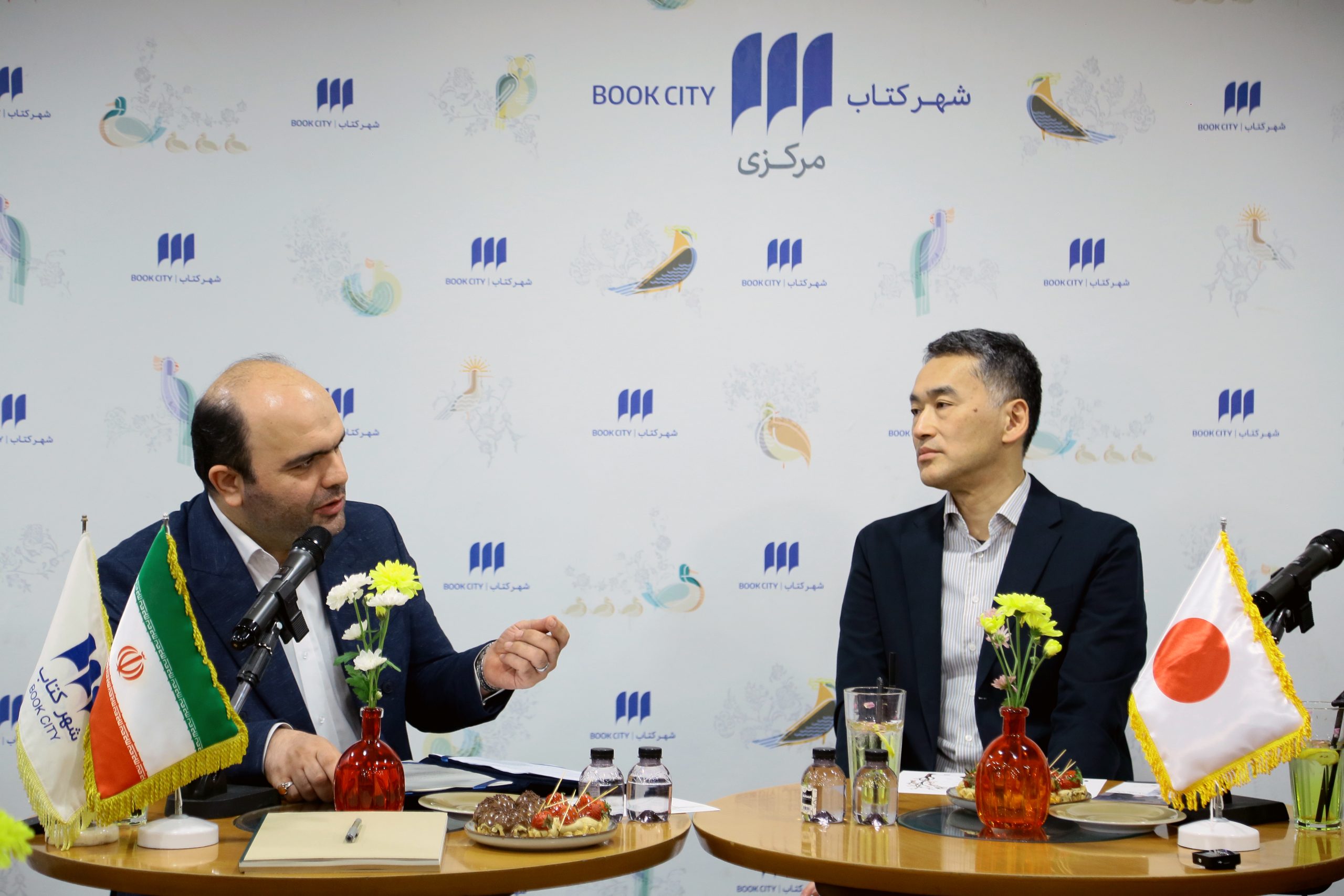

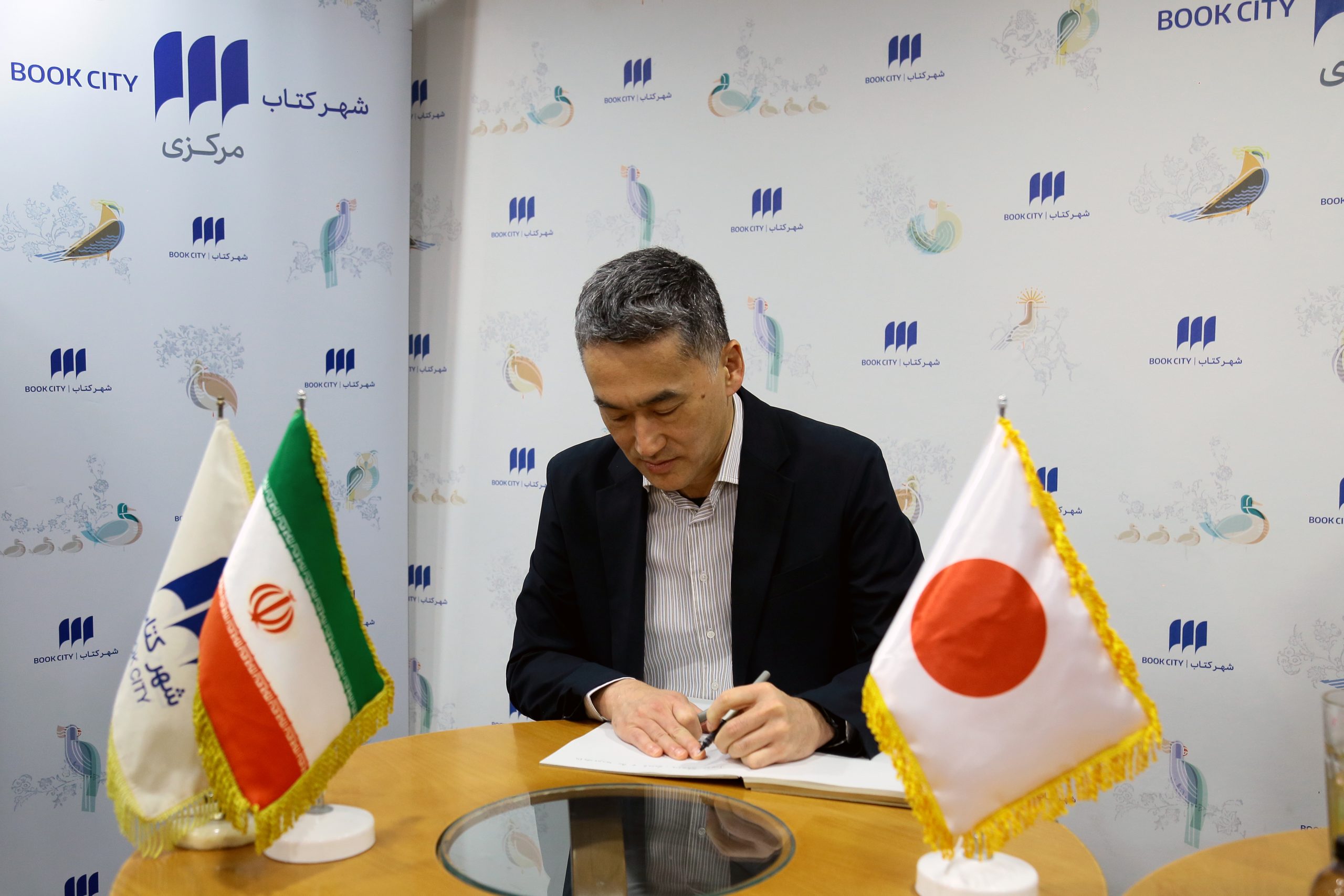
Photographer: Parya Fathi
Tags: Ali Jafarabadi, BookCity, Iran, Japan, Tamaki Tsukada